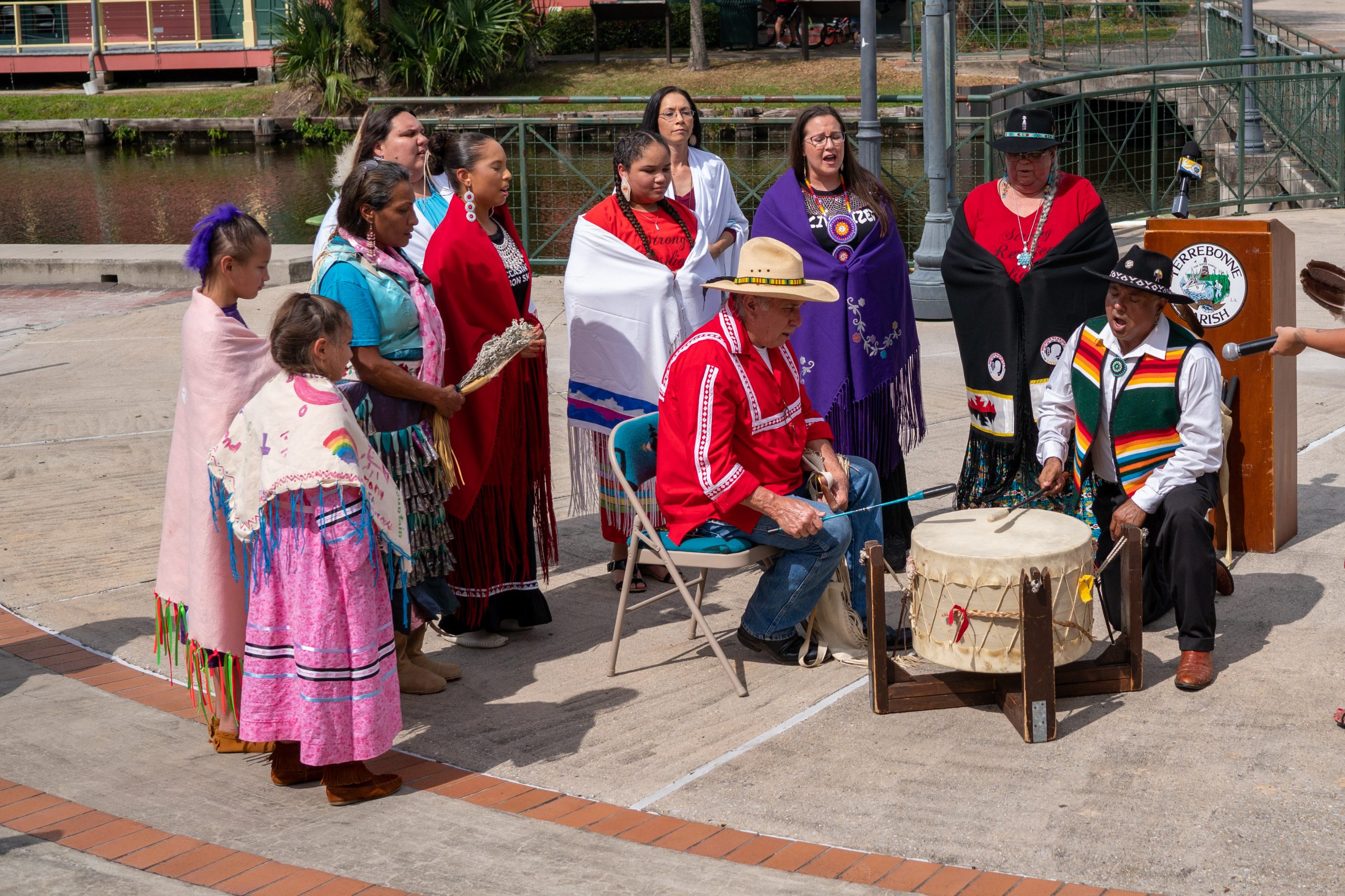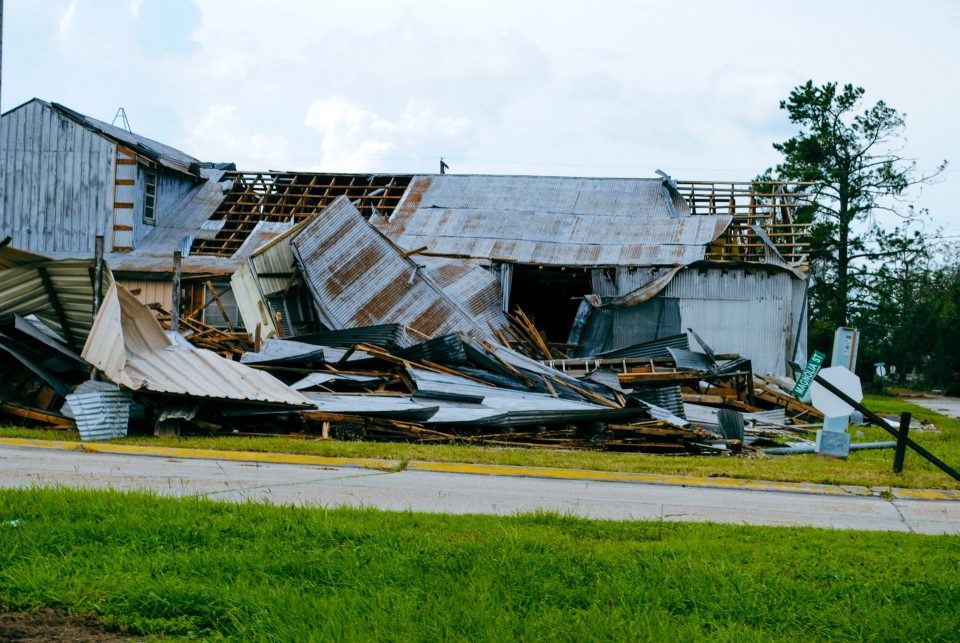
LDH reports around 700 new cases for the third day
October 23, 2020
Honoring Our Heroes – The Staff of the Homestead Assisted Living
October 29, 2020At the request of Baley Champagne, a tribal member of the United Houma Nation and advocate for American Indians’ civil rights, Governor John Bel Edwards declared November 2020 American Indian Heritage Month in Louisiana.
Usually, to celebrate the month, representatives of the local Native American community would go into schools to give presentations on their history and culture and host other types of events, Champagne said. However, she said, due to the COVID-19 pandemic, such activities had to be canceled.
“We don’t want to spread anything to our neighbors and our families so we’ve been very sensitive to hosting any events,” she said. “But we could still be celebrating by learning, reading books, sharing information, doing projects and things like that.”
As the lands of Terrebonne and Lafourche were named Yakni Chitto (Big Country) by the Indigenous people, Champagne noted that another way to celebrate Native American culture is for residents to respect the land. “Don’t pollute it; don’t ruin it. And clean it up,” she said. “We have to keep that in mind.”
A native of Grand Caillou, Champagne stresses the importance of preserving the land, which is reducing due to the effects of global warming.
“We want people to learn real American Indian history for them to understand who we are, where we are and what’s going on now because of the loss of community,” the advocate said. “A lot of our elders had to leave the bayous to live somewhere else because they were tired of the flooding and things like that.”
The connection to the land is important because it surrounded everything her people did, such as growing gardens, raising animals, fishing and hunting, she said.
State restrictions on how high a house can be raised and raised flood insurance rates also forced Native Americans who were raised down the bayou to move, Champagne also noted. She went on to say that the state hasn’t invested in building up their lands, instead opting to put funds into levees.
“So because of all of this, now we’re forced to be in different locations, be away from our families, be away from the land that we have grown up on and the environment that we’re used to,” she said. “…Cultural genocide is something that’s still taking place because we haven’t had our community taken care of to stay in our place and to embrace what our generations before us were able to.”
“The Native American people always talk about the next seven generations because we want to think that far ahead,” Champagne added. “What we’re doing right now is not respecting the real problem of climate change. It’s at our front door, especially living on the coast.”
Educating is key to celebrating Native American culture, as opposed to other ways that might come across as disrespectful, as Champagne explained: “Sometimes you see people that are non-Native dressed up in costumes to try to help celebrate the culture, but really it’s kind of making fun of it because it’s not something that should be really done.”
“We need the help of the parents, teachers and community leaders to acknowledge and respect the culture in the right way,” added Champagne, who is also the founder of the First Indigenous Peoples Day in Louisiana. “We also need to be able to have a seat at the table to be inclusive in the community, government, schools and workplaces. We all have to live in this world together.”
More on the United Houma nation can be found here.








